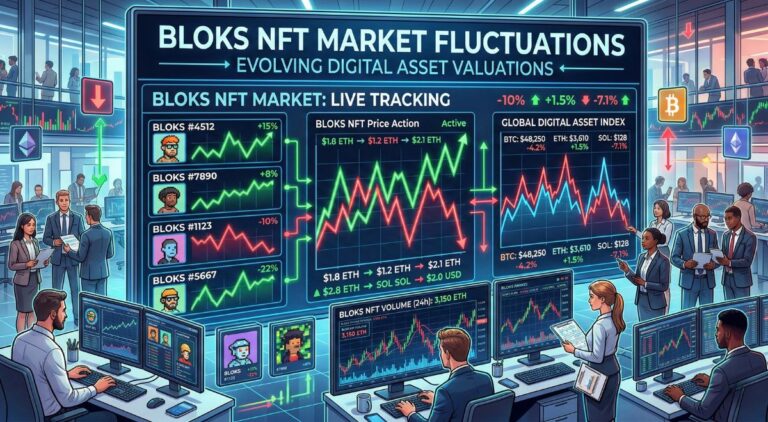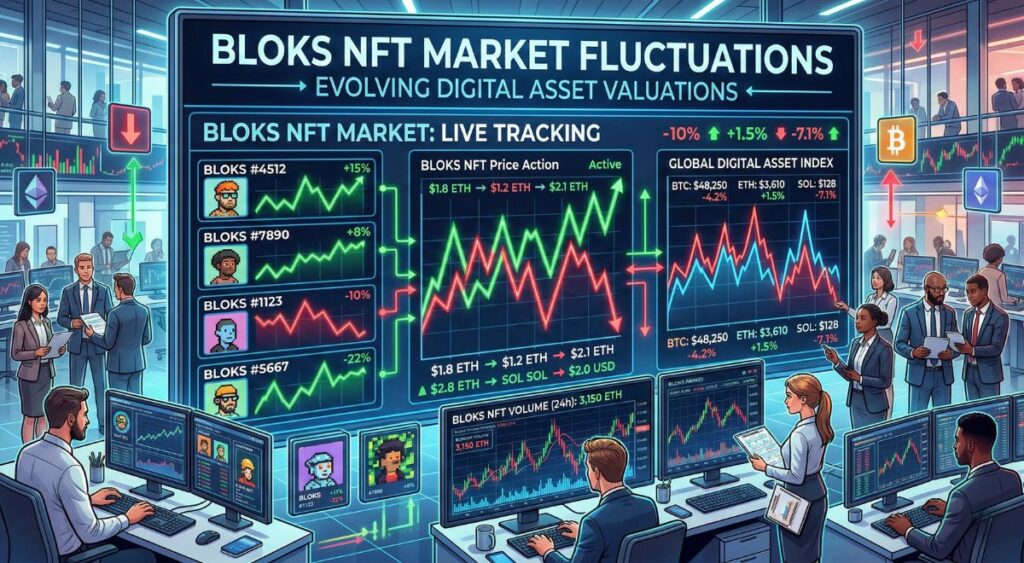With the use of non-fungible tokens (NFTs), Jeju Island, a well-known tourist destination in South Korea, is set to revolutionise its travel sector. In an effort to draw in younger visitors and improve the travel experience, the island has used blockchain-powered digital visitor cards.
Using Digital Innovations to Engage Gen Z and Millennials
Jeju has launched a project that offers exclusive benefits through blockchain-based NFT technology in an effort to modernise tourism and appeal to tech-savvy millennials and Gen Z. Visitors will have access to a “digital tourist residence card” connected to NFTs on the blockchain beginning in 2025. In addition to serving as identification, this card will offer benefits including admission to events, transport subsidies, and discounts at nearby sites.
Targeting younger tourists who are more interested in digital and tech-driven experiences, the project is in line with worldwide trends.
Jeju: A Trailblazer in Blockchain-Powered Travel
The first autonomous province in South Korea, Jeju, is using its distinct legislative system to develop its tourism industry. The island is well-known for its luxurious resorts and picturesque hiking routes. It has a history of embracing digital transformation, as seen by the introduction of a blockchain-based contact-tracing software during the COVID-19 pandemic.
The Natural Evolution of NFT Cards
The use of visitor cards based on NFT is a calculated move in Jeju’s larger modernisation initiatives. By providing cutting-edge technical solutions to improve guest experiences and preserve the island’s competitiveness globally, local officials hope to establish the island as a pioneer in digital tourism.
Innovation and Technology Fuel Local Economic Development
The digital cards are intended to boost local economic activities in addition to enhancing the visitor experience.
Improving the Experience of Visitors
Travellers will gain access to special offers, loyalty benefits, and customised itineraries. By providing alluring rewards, the cards also serve as a tool to promote return visits, especially from younger tourists.
Increasing Local Business
Visitors will be able to access services and make purchases thanks to the NFT cards’ seamless integration with nearby businesses. By providing incentives for merchants to engage in Jeju’s expanding digital economy, this strategy strengthens the financial bonds between local business and tourism.
Overcoming Obstacles in NFT Implementation
South Korea’s strict laws governing cryptocurrency and digital assets present challenges for Jeju despite its bright future. The local government is committed to overcoming these obstacles and promoting NFT cards as a workable way to incorporate blockchain technology into the travel industry.
A New Standard for Online Travel
Jeju’s creative use of NFTs demonstrates how useful they are for purposes other than speculative trading. Jeju is setting a good example for other travel destinations experimenting with related technologies by emphasising the creation of value for both visitors and local companies.
An Audacious Plan for the Future of Travel
The launch of visitor cards based on NFT demonstrates Jeju’s dedication to updating tourism, drawing in younger tourists, and boosting its economy.
Worldwide Motivation
The program not only makes Jeju more appealing, but it also sets an example for other areas around the world. A similar approach has been taken, for example, by the Yamakoshi community in Japan, which uses NFTs to assist in local upkeep and development.
Jeju is positioned to spearhead the worldwide transition to digital tourism by adopting blockchain-driven solutions, fusing innovation and cultural heritage to produce an eco-friendly, cutting-edge tourist experience.
















